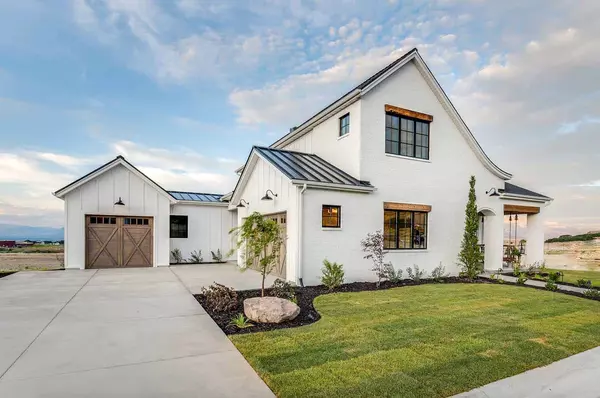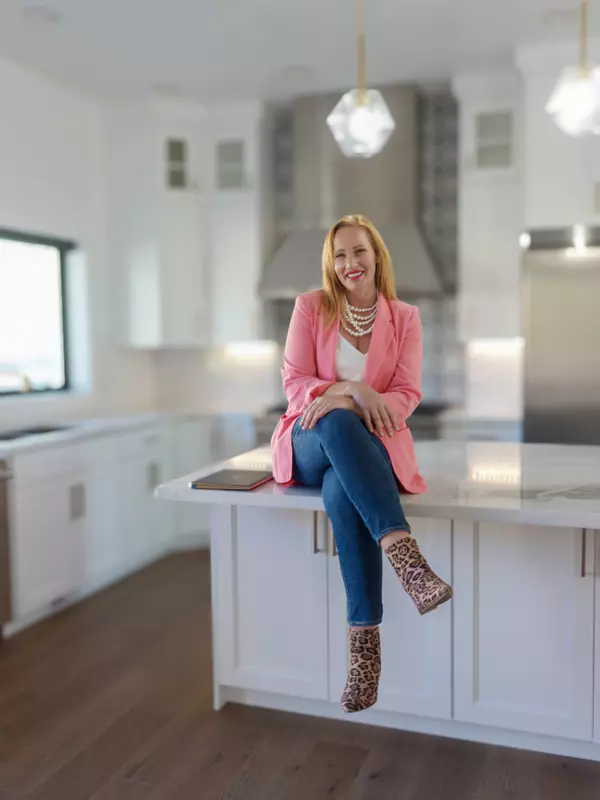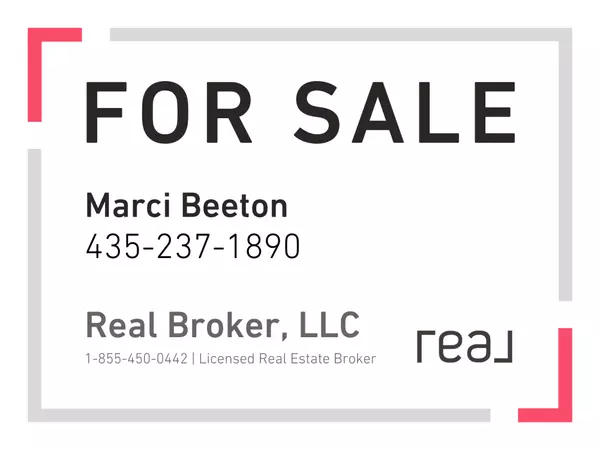 Agent License ID: 9601755Hello and welcome to my website!My passion is helping others acheive their real estate goals. I love what I do and I beleive it shows in my work and my reviews (check those out below)! I have been a full time agent for almost a decade! I LOVE Utah and living here and helping others find their home! Whether you are a first time home buyer or a seasoned real estate investor I would love to help you!In my free time I love to be outdoors around any body of water and be in it! I love to paddle board, boat, hike and explore this beautiful state I have called home my entire life! I have 4 kids and a TON of pets, too many to list! I would love to get to know you and see if I can help you with your real estate goals!!!
Agent License ID: 9601755Hello and welcome to my website!My passion is helping others acheive their real estate goals. I love what I do and I beleive it shows in my work and my reviews (check those out below)! I have been a full time agent for almost a decade! I LOVE Utah and living here and helping others find their home! Whether you are a first time home buyer or a seasoned real estate investor I would love to help you!In my free time I love to be outdoors around any body of water and be in it! I love to paddle board, boat, hike and explore this beautiful state I have called home my entire life! I have 4 kids and a TON of pets, too many to list! I would love to get to know you and see if I can help you with your real estate goals!!!
MY BLOGS












The Hahn's
We chose Marci to list our house because we heard how efficient, knowledgeable, and professional she is! She well exceed our expectations in negotiating the contracts, following the deadlines and making sure we understood what was happening throughout the sell of our home! She helped us to move onto the next chapter of our lives! If you ever need a agent that is there every step of the way, then call Marci!!